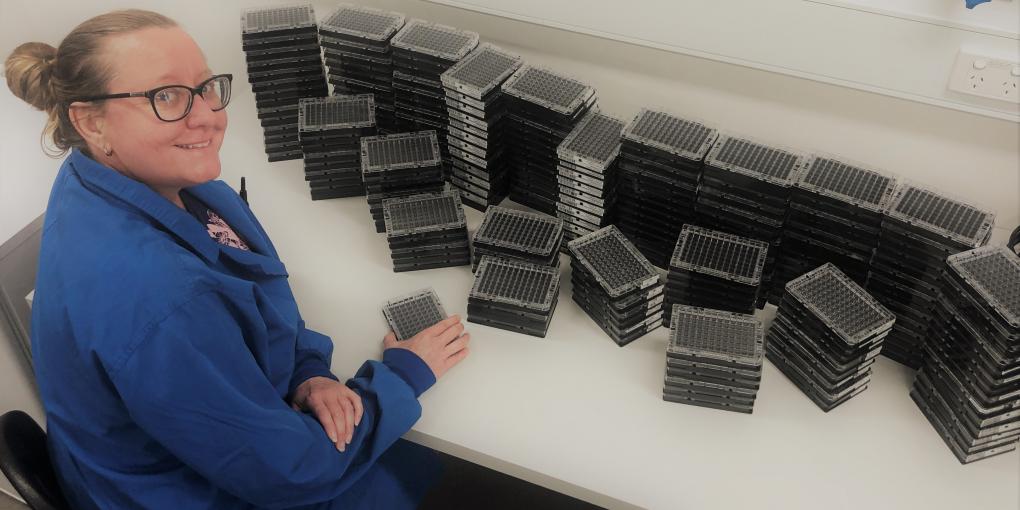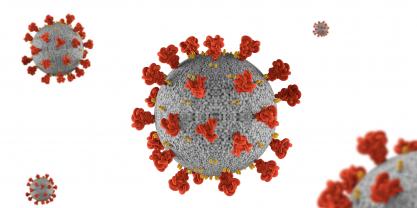UNSW scientists analyse 15,000 DNA samples from landmark aspirin trial

In June 2019 the Centre completed its largest single study to genotype 15,000 individuals, and one of the largest genetic screens of this type done in Australia to date. This analysis was part of Monash University’s expansion on its landmark aspirin trial ASPREE (ASPirin in Reducing Events in the Elderly, whose participants had their health comprehensively tracked over a number of years.
The ASPREE study pioneers detailed research into genetic factors that contribute to good health or disease in the elderly and aims to gather as much genetic information about trial participants as possible to inform the trial and ultimately improve participants’ outcomes.
The project utlised genome-wide single nucleotide polymorphism (SNP) analysis, using the Axiom Precision Medicine Diversity Array. Dr Paul Lacaze, Head of Public Health Genomics, Monash University, said the project could help identify genetic markers associated with a positive or negative response to therapies.
“It is possible that underlying genetic factors may explain why some people respond to drug therapies and others do not. If we can discover and understand these factors more clearly, it may help guide drug use in the future, maximising the benefits and minimising the risks for older people.”
This partnership between the Ramaciotti Centre, Monash University and Bioplatforms Australia will complement extensive clinical and lifestyle information collected in the ASPREE trial and associated studies, creating a powerful resource for biomedical research.
Andrew Gilbert, General Manager of Bioplatforms Australia said “ASPREE is a significant international collaboration that we are extremely excited to see enhanced by Bioplatforms’ genomics capability. This project will enable new research across a broad range of diseases and investigate the use of genetic data towards improved public health outcomes.”
Monash University and Bioplatforms are funding the development of the $1 million genetic data resource, with analysis of this data expected to continue for several years.
Dr Lacaze said the new partnership was an example of leading Australian research groups coming together to generate new genetic research into a range of health problems affecting the elderly, such as cancer, diabetes, dementia and age-related macular degeneration.
“The project will generate much-needed evidence to help inform whether genetic factors may play a role in guiding more effective therapeutic and prevention strategies in years to come, bringing us closer to precision medicine.”
Deputy Director and Centre Manager Dr Helen Speirs said “We are incredibly proud of this achievement. A huge thank you to the array team whose hard work and dedication saw the project completed within 8 months.”



